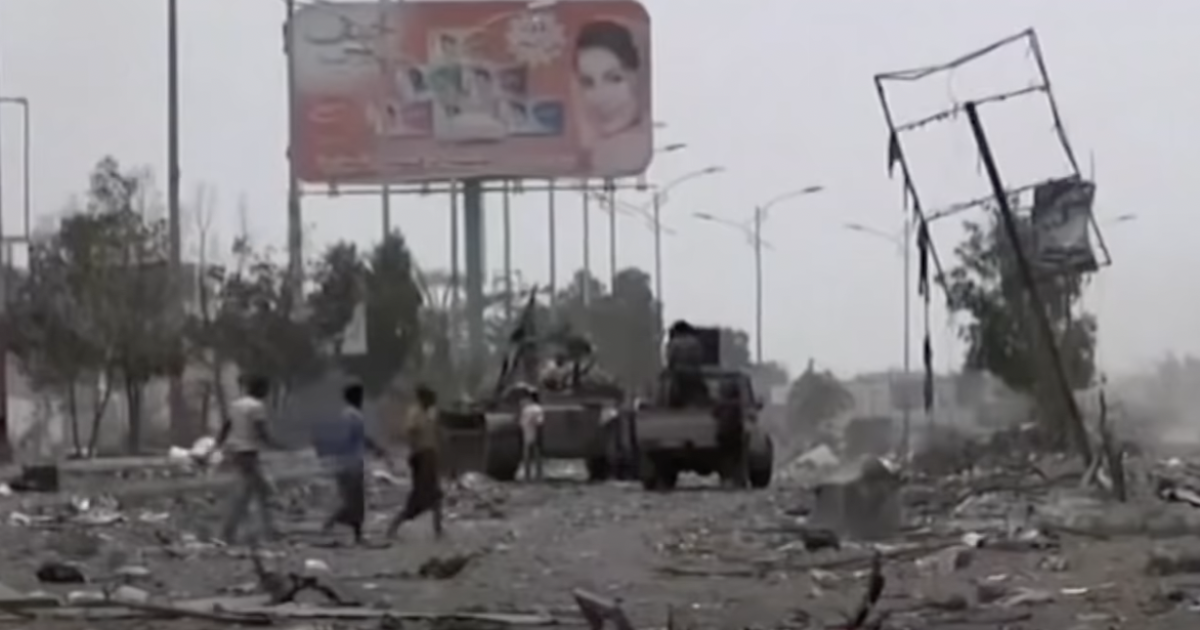
Russia has already lost the war in Ukraine, even though it is still early in the conflict. Carl von Clausewitz famously said, “War is the continuation of politics by other means.”
In other words, wars should have a clear political objective on what they are supposed to accomplish using force. Mr. Putin’s foreign policy seems hazy. In a similar manner, Western economic sanctions are aimed at coercing Russia into changing its policies (the West’s retaliatory sanctions).
While humans can lose sight of whether the policy goal has been achieved when using violence or economic coercion, even if the stakes are high, they can get distracted by who wins the war on the ground or how much economic suffering the sanctions have caused.
No matter how severe economic sanctions are economically, they are not very successful at causing major policy changes in the target nation, such as regime change, significant social change, or a dramatic change in foreign policy – such as the withdrawal of Saddam Hussein from his invasion of Kuwait in 1990.
The bad news is that sanctions against Putin and Russia probably won’t spur Russia to withdraw its forces from Ukraine.
It is likely that Putin has already lost the war politically, no matter whether he finally subdues Ukraine. The mismatch between expectations and reality causes a great deal of human satisfaction or grievance.
Expectation: The Russian military is capable of quickly overwhelming the much weaker Ukrainian military and territorial defense forces, and likely decapitating the Ukrainian government.
Both may happen, but the key word here is “quickly” and that hasn’t happened. In the days since the Russian invasion began, Ukrainian resistance has proved to be more fierce than expected.
Also, the vaunted Russian military has some issues:
- The air superiority over the battlefield could not be quickly established
- Seems incapable of fighting at night
- As a result of its conscripts refusing to leave vehicles to fire shoulder-fired anti-armor missiles, it has lost many armored vehicles
- Attacks on many fronts concurrently, each of which requires fire support from the ground and air, as well as its own logistics train
- Logistics have been troublesome, with vehicles running out of fuel and breaking down, apparently because the Russians expected a quick victory and did not bring enough supplies.
As a result, Russia’s subpar military performance (at least initially) and Ukraine’s similarly surprising low-tech resistance have elated Ukrainians and world leaders, spurring them to fight harder, while reportedly infuriating Putin.
In the end, it is expected that the Russian military will prevail, but the level of societal mobilization in Ukraine may portend a long and vicious guerrilla war ahead, similar in character to the one waged by the Afghan Mujahideen in the late 1980s that drove the Soviet Union from that country.
If/When the war is in the guerrilla phase, the Ukrainians could well gain an advantage, since they are fighting for their homeland and may be able to outwit Putin, who is likely to have an unpopular war on his hands–even before the costs of lives and money start to pile up. Afghanistan in the ‘80’s should have proven to be a lesson learned.
Regardless of whether the Russians ultimately win, the Ukrainians have already won the expectations game. It would not be the first time that a great power won the war militarily but lost it politically.
Although the French won a counterinsurgency war in Algeria in the early 1960’s, Algeria gained its independence nonetheless.
The British also used brutal tactics to militarily defeat Dutch-descended Boers in South Africa at the turn of the twentieth century, only to be forced to grant them their independence soon after.
While the British attempted to subdue Afghanistan three times in the nineteenth and early twentieth centuries, they won the third war militarily, but lost politically-with the Afghans gaining control of their foreign policy.
Israel’s military won the 1973 war against the Arabs, but Egypt did better than expected, winning the war on the political front.
Ultimately, it can be said that the North won the Civil War militarily but lost the Peace politically, resulting in a century of oppression for African Americans that was only alleviated by the Civil Rights Movement of the 1950s and 1960s.
The U.S. military, which is best in the world, recently won initial victories in Afghanistan and Iraq but then lost in long wars against guerrillas, the most political kind of warfare.
It’s called a Revolution because it always comes back around.



